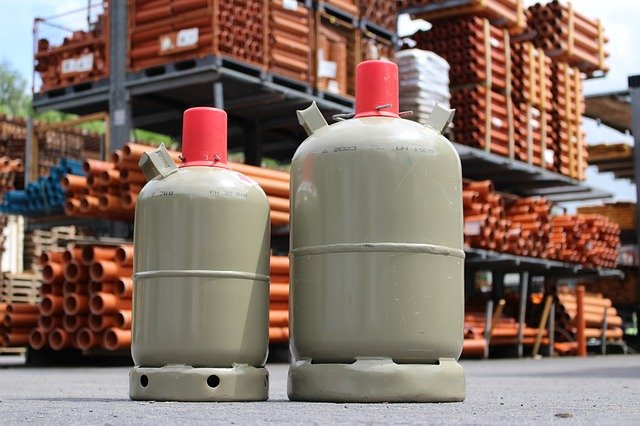If you switch to propane, you want to be sure that not only the propane is of high quality but the provider is too. After all, if the company doesn’t have a good track record, odds are, your propane quality isn’t the best either.

That said, we’ll tell you what you need to know in order to make the most informed decision when choosing a propane supplier when it comes to service, propane grade, and quality.
What Propane Is
Propane also referred to as LPG, is a type of liquid petroleum that’s made through petroleum refining and natural gas processing. It’s naturally odorless and colorless, but an odorant is added for safety reasons, allowing it to be detected in the air. It’s popular because of its high energy density, giving off a large amount of heat, about 91,500 BTUs per gallon or approximately 22,875 per liter. Unlike methane, it has low vapor pressure which means it can be compressed into a liquid state to reduce its volume for easy storage.
How to Define Quality Propane
When talking propane quality it refers to the difference between how it’s processed and refined, particularly the proportion of ethane, butanes, and propylene. The exact composition can vary depending on the specific region and the refinery. As different grades have different purposes, one kind isn’t necessarily better than another.
There are various propane grades, with HD5 considered a “consumer-grade” propane, which is most commonly used for residential use. That means that it contains at least 90 percent propane and a maximum of 5 percent propylene, with the remainder, made up of other gases like methane and iso-butane. It’s the highest quality type of propane available to the public. You can tell that it is of higher quality by the strong, blue-hued flame. It’s one of the most efficient, cost-effective choices for consumers.
How to Determine if the Quality of the Propane Supplier
As mentioned, you’ll also want a quality propane supplier. As you do your research, this is what you’ll want to check for.
Safety Record. Ask companies you’re considering about their safety record and/or any safety programs. Do regulatory agencies attest to its regulatory compliance and safety record?
Certification. All propane companies must meet a wide range of laws and regulations. In Canada, transportation, storage, and handling are regulated by territorial, provincial, and federal jurisdictions. Being certified ensures they’re qualified to install and maintain the propane appliance provided to your household.
Delivery Options. Having flexible delivery options is important. Generally, automatic delivery is the best as you won’t have to worry about tracking usage yourself or calling to schedule a delivery. It’s easy to forget to have the tank filled in the fall, in time to provide the heat you’ll need for colder weather. You may also be able to choose timed delivery, selecting various times throughout the year to receive propane deliveries. Will call delivery means you’ll only receive propane when you call and request it from the supplier.
Customer Service. Do some online research to find reviews. Great customer reviews are obviously a sign that the company will provide at least satisfactory service. Keep in mind that few suppliers will have all positive reviews, one or two are acceptable, and even more important is how complaints are handled. When calling to ask questions, staff should be helpful and friendly. There should also be an emergency phone number to call in case you need urgent help.